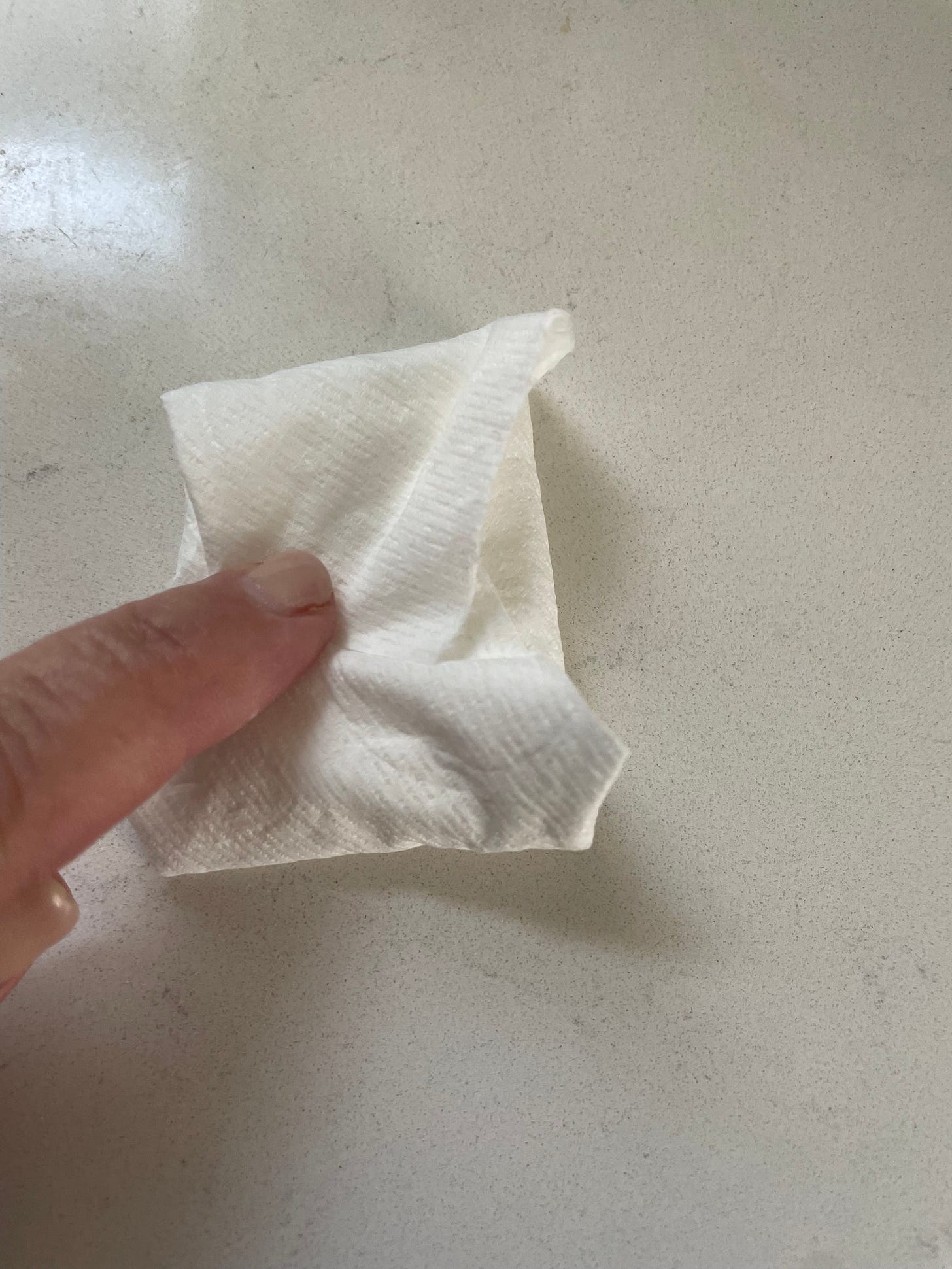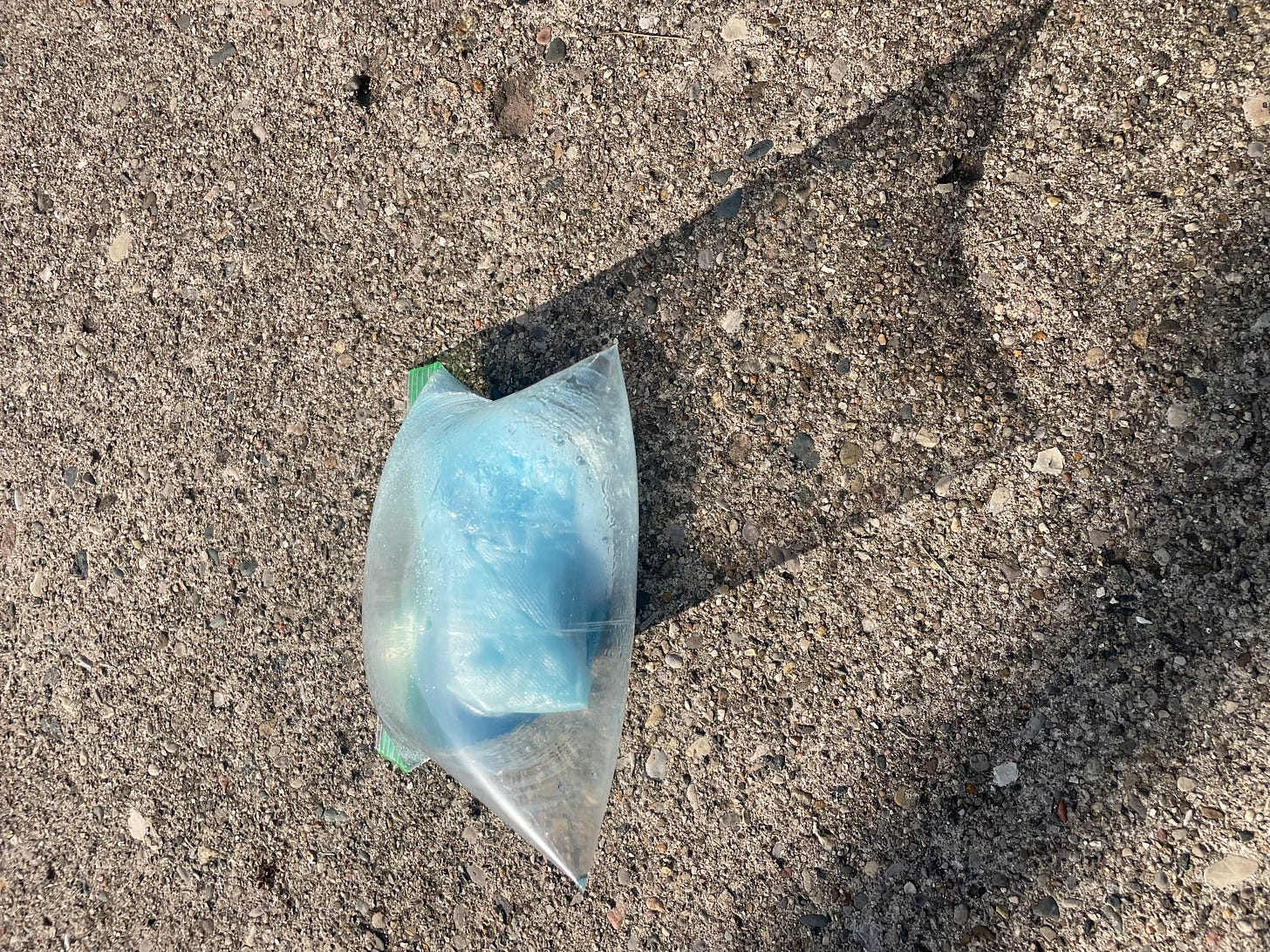In this edition:
🎉🥳 Off-Center Celebrations! 🥳🎉
🎤Podcast - The Grammar of Classical Education 🎤
📚☀️ Quick Classroom Reviews ☀️📚
💖💖 Amazing Blessings 💖💖
☕️ 🫖 Enjoying the Reali-tea ☕️ 🫖
🎉 🥳 Let’s Celebrate! 🥳 🎉
Off-Center Celebrations - 2025
June - Week 4 (June 23 - 30)
National Great Outdoors Month
Consider OUTDOOR BINGO when students need a little motivation and ideas for outdoor fun! [1 worksheet]
" What’s So Great About the Great Outdoors" is a great opportunity to practice persuasive writing as students select one of the five questions to consider, brainstorm, and then write about. [2 worksheets]
Sometimes it is fun to dream, not just to dream, but to dream BIG! The worksheet, "Planning the Perfect Outdoor Play Space," allows students to dream big about the playground area of their dreams. [1 worksheet]
The coloring sheet The Heavens Declare the Glory of God is a wonderful reminder of how we have been blessed by the great outdoors. [1 worksheet]
June - Week 3 (June 16 - 22)
Universal Father’s Week
Getting to Know You Better to “interview” their father or father figure. [1 worksheet]
Have your students think about the father or father figure and fill out Thank you, _____ worksheet. They can then use the planning sheet to write a thank-you note to him or a description of him. [2 worksheets]
Follow the instructions on A Special Gift to make a sweet little gift for a father or father figure. [3 worksheets]
Allow the students the opportunity to complete the coloring sheet or card to give to their father or father figure. [2 worksheets]
June - Week 2 (June 8 - 14)
National Flag Week
The worksheet, You’re a Grand Ol’ Flag introduces students to some of the basic history and facts about the American flag. [2 worksheets – student version and key]
Help your students understand the symbolism of the flag with A Picture of America. This worksheet helps students see how the elements of the flag were carefully selected and allows them the opportunity to create a family flag by considering the elements and colors they will include. [1 worksheet]
Flag Etiquette addresses some of the key “rules” for handling and using the flag. This would be a wonderful opportunity to discuss these ideas and look for them in use / or being broken in everyday life.
It’s not very often that students would have the opportunity to fold an official American flag, but why not give them the chance to learn? On How to Fold an American Flag, the students will learn how to fold a flag, and can practice
with a printed (colored or black and white) flag. (Photos included for clarity.) [5 worksheets]
June - Week 1 (June 1 - 8)
National Garden Week
While you and your students probably have a good idea of what a garden actually is, take a moment with the worksheet, What is a Garden? Then have your students take their new found knowledge and design their own garden.[1 worksheet]
If you have a garden area near your school, co-op, or even your home, spend a little time this week sprucing it up. Break into groups and do a bit of weeding or even a bit of planting.
Spend some time looking at Good Things Said About Gardens with a collection of quotes that can be used for discussions or writing activities.
[6 worksheets]
Celebrate all of the beauty of flowers and gardens while learning about chromatogaphy in a science and craft combination with Color Chromatography. This simple and engaging activity comes complete with samples and pictures to guide you through this delightful and educational activity. [4 worksheets]
Allow your students (and even yourself) to have a little break and enjoy the Earth Laughs in Flowers coloring page. [1 worksheet]
☺️ Please jump over to Classroom Collective, where you can use the “password” you received with your subscription (on EVERY level) to access many freebies like the Off-Center Celebrations (daily in 2024 and weekly in 2025).
🎤 Podcast - The Grammar of Classical Education 🎤
As we continue in chapter eleven from Norms and Nobility by David Hicks, he presents the importance of recognizing the Humane Letters as what he calls “the heart of the academy.” This presents us with the wonderful opportunity to examine how the classical grammar school is able to accomplish some of the ideals of the upper school's Humane Letters. While we are definitely different, there are several similarities, especially when it comes to the importance of the teacher tying literature into all learning.
📚 Podcast Summer Reading Challenge 📚
In light of the importance placed on “the classics,” this week we are beginning a delightful challenge! I’m so excited about this! 📚 Think of it as a good old-fashioned summer reading club! 📚 It is exclusively for our “club” members (subscribers) only and provides a way for us all to explore some classics. ☺️
Here are the requirements tbe be part of our Summer Reading Challenge:
Pick a classic book - on any level!
If there isn’t a book that comes to mind, check out the following resource:
GoodReads - Listopedia - Christian Classical School Book Lists
[While these books as listed as “Christian Classical School Book Lists they are taken from a variety of sources, not all of which are fully endorsed by The Grammar of Classical Education or Leading to Wonder.]
Start reading!
Post on our private Summer Reading Challenge chat.
Let us know what you are reading.
Check in once in a while.
What are you enjoying?
What are you finding challenging?
What are you learning?
Know that you are expanding your horizons AND stoking your literary fire, which will better help you feed the little flames that sit before you for a good part of the year!
AND remember that each month (June-July-August), there will be a random drawing for a little digital gift-y! I mean, really, what is a Summer Reading Challenge without prizes?! 😎
🔬 🧪☀️ Summertime Science ☀️🧪🔬
For the summer, we will take a break from the review games and switch to some fun Summertime Science activities. These activities can be one-and-done science experiments that include an explanation of scientific principles, BUT they also offer wonderful opportunities to encourage wonder through thought-provoking Extension Questions that invite further investigation. ☺️
💥Bubbling Sandwich Baggies💥
Items Needed:
A sandwich bag with a zip closure
1/2 cup of vinegar
3 tsp baking soda
1 square of toilet paper
Preparation:
Gather supplies
Put 3 teaspoons of baking soda into 1 square of toilet paper
Fold toilet paper into a small packet
Process:
Pour 1/2 cup of vinegar into a zippy sandwich bag
MOVE OUTSIDE - with baggie and toilet paper-baking soda package
Seal the bag, leaving a small opening for the baking soda packet to fit in.
Push the packet into the zippy bag.
QUICKLY seal the bag!
QUICKLY place on the ground!
(blue food coloring was added to increase visibility, but it is not necessary)
Watch the results! (This ISN’T the final image) 😎
Scientific Principles Explained:
This is a perfect example of a chemical reaction. The acetic (ethanoic) acid in the vinegar combines with the sodium bicarbonate in the baking soda, producing sodium acetate, water, and carbon dioxide.
Carbon dioxide (CO2) is a gas that is given off, and it is what causes the bag to expand. When there is no more room for the CO2 to fill (the bag has expanded to its maximum size), the gas will find a way to get more space, which means a 💥“POP”💥 will occur.
If the zippy seal is weak, it will simply pop there; if the seal is strong, it will pop the plastic of the bag!
Extension Questions to Investigate:
What if you use more vinegar?
What if you use more baking soda?
What if you use less baking soda?
What if you wrap the baking soda package in more toilet paper?
What if you wrap the package in a paper towel instead of toilet paper?
What if you use a bigger zippy bag?
What if you use water instead of vinegar?
What if you use a different “brand” of zippy bags?
🙏💖 Amazing Blessings 💖🙏
The Lord’s Prayer can easily become just a practice in rote memorization, so how can we take it from just being something our brain knows and our lips say and change it into the very cry of our heart?
This week we look at the first element of the prayer we are to be using as our model: Our Father, in heaven, hallowed be your name. What does this teach us about how we address God as well as our relationship to Him? and What actually are we praying for when we say “hallowed be your name”?
To see this prayer as it was originally intended is to get a better grasp on how we are to pray. Not just the words we are to repeat, but the attitude and requests of our heart.
☕️ 🫖 Enjoying the Real-i-TEA 🫖☕️
As you may know, my goal with Leading to Wonder is to strengthen and encourage teachers, whether in the classroom, at home, in person, or on Zoom. I want to meet you where you are and help you move toward becoming the best teacher you can be. To do this, I trust you will feel free to reach out via our Substack chats or by sending an email to Newsletter@LeadingtoWonder.com.
Let us seek to “bear one another’s burdens” and “encourage one another. . just as you are doing.” (Galatians 6:2 / I Thessalonians 5:11)1
Thank you so much for joining me at Leading to Wonder! I am honored that you have spent the time reading and possibly listening to my passion project. I do want to be as helpful as possible, so if you have any comments, suggestions, or questions, please use the button below, and I will try to address them in a timely fashion! Thank you again, and remember - “always be on the lookout for the presence of wonder!”2
English Standard Version Bible. (2001). ESV Online. https://www.esv.org
E.B. White









